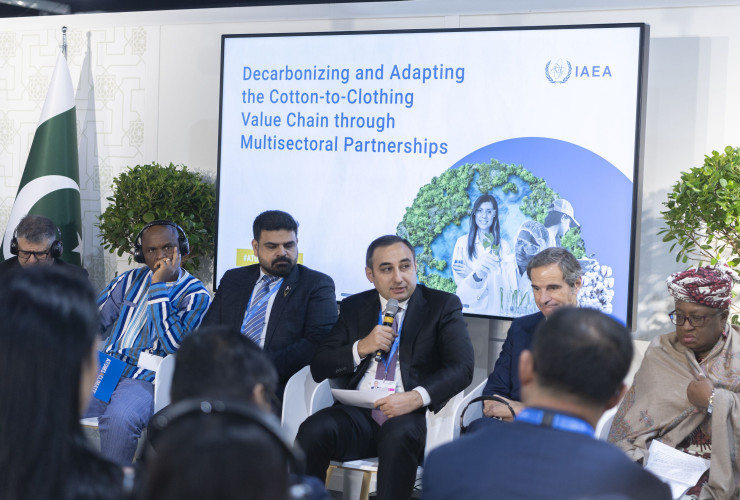
Within the framework of the 29th session of the Conference of the Parties to the UN Framework Convention on Climate Change, a panel discussion on "Decarbonization and climate adaptation of the value chain from cotton to clothing" was held. Deputy Minister of Agriculture Sarvan Jafarov, speaking at the discussions, emphasized the continuous development of the cotton growing sector in our country, and drew attention to the importance of an approach based on science, technology and innovation to overcome the difficulties caused by climate change.
The deputy minister said that Azerbaijan implements a development strategy in the field of cotton production and processing and benefits from the experience of countries and international organizations specialized in cotton growing in this field. Especially in recent years, within the framework of the projects implemented jointly with the International Atomic Energy Agency (AEBA), researches are being conducted in our country, the possibilities of applying nuclear technologies in creating new varieties are being studied. Sarvan Jafarov said that the application of scientific approaches in practice has yielded positive results, as a result of climate-friendly agricultural practices applied in pilot plantings, productivity has increased up to two times.
During the discussions, it was noted that our country is trying to strengthen the domestic value chain by modernizing the cotton processing infrastructure. Investments in new technologies serve to improve quality, develop processing power and create new jobs in rural areas. Together with digitalization initiatives and strong financial support mechanisms, these development models support the vision of Azerbaijan's cotton industry to produce competitive products in international markets, and to transform the cotton processing sector into a sustainable and high-value sector.
In the panel discussions, opinions were exchanged about international practices in the direction of minimizing the difficulties caused by climate change, and the participants' questions were answered.
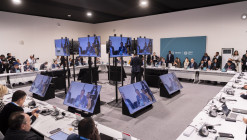
Within the framework of COP29, discussions were held on "Decarbonization, adaptation of food systems and restoration of nature on the way to 1.5°C"
12 November 2024
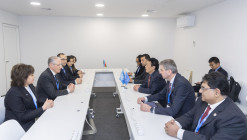
Minister Majnun Mammadov met with FAO Director General Gu Dongyu
12 November 2024
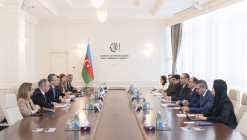
Minister Majnun Mammadov met with the Vice President for South, Central and West Asia of the Asian Development Bank
11 November 2024

COP29 kicks off in Baku
11 November 2024
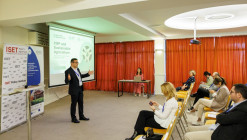
Director of the Agricultural Research Center attended an international seminar in Georgia
11 October 2024